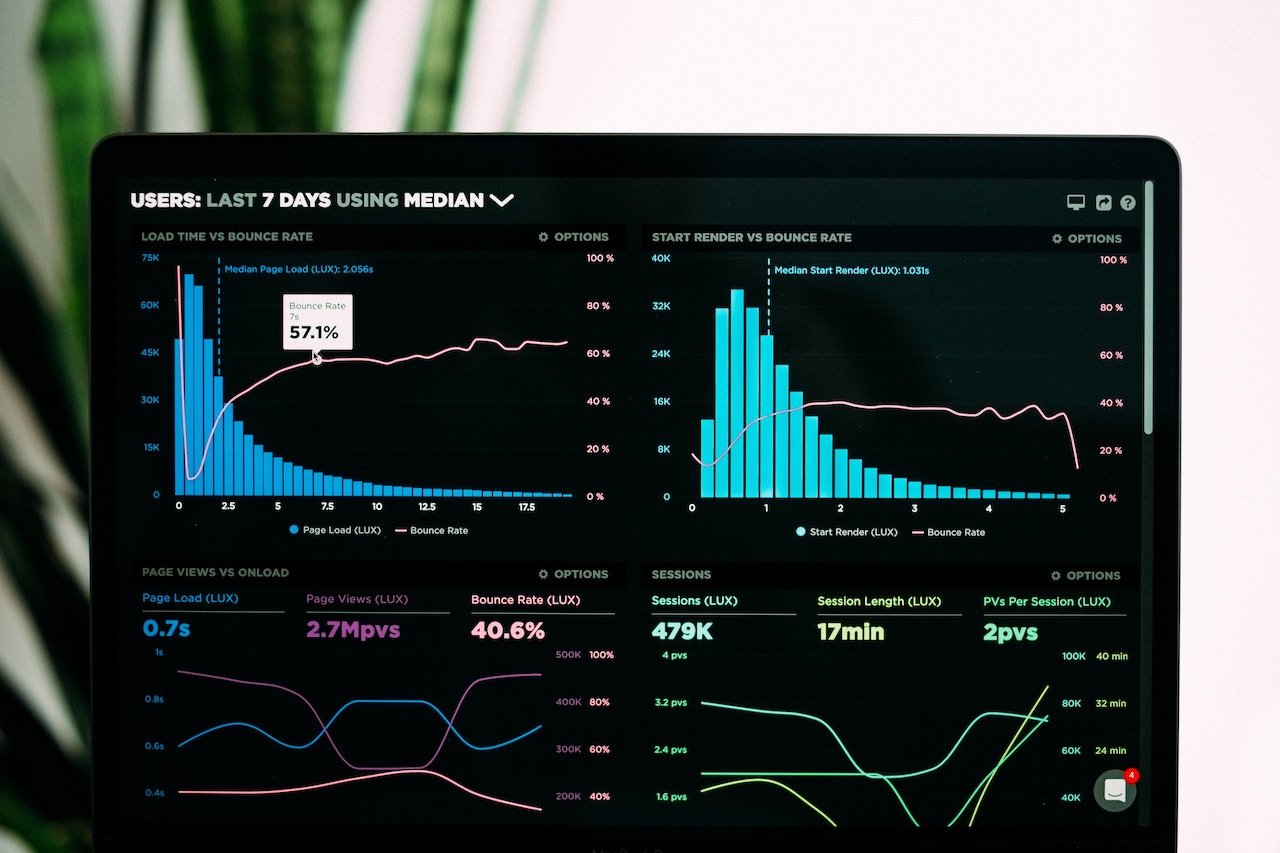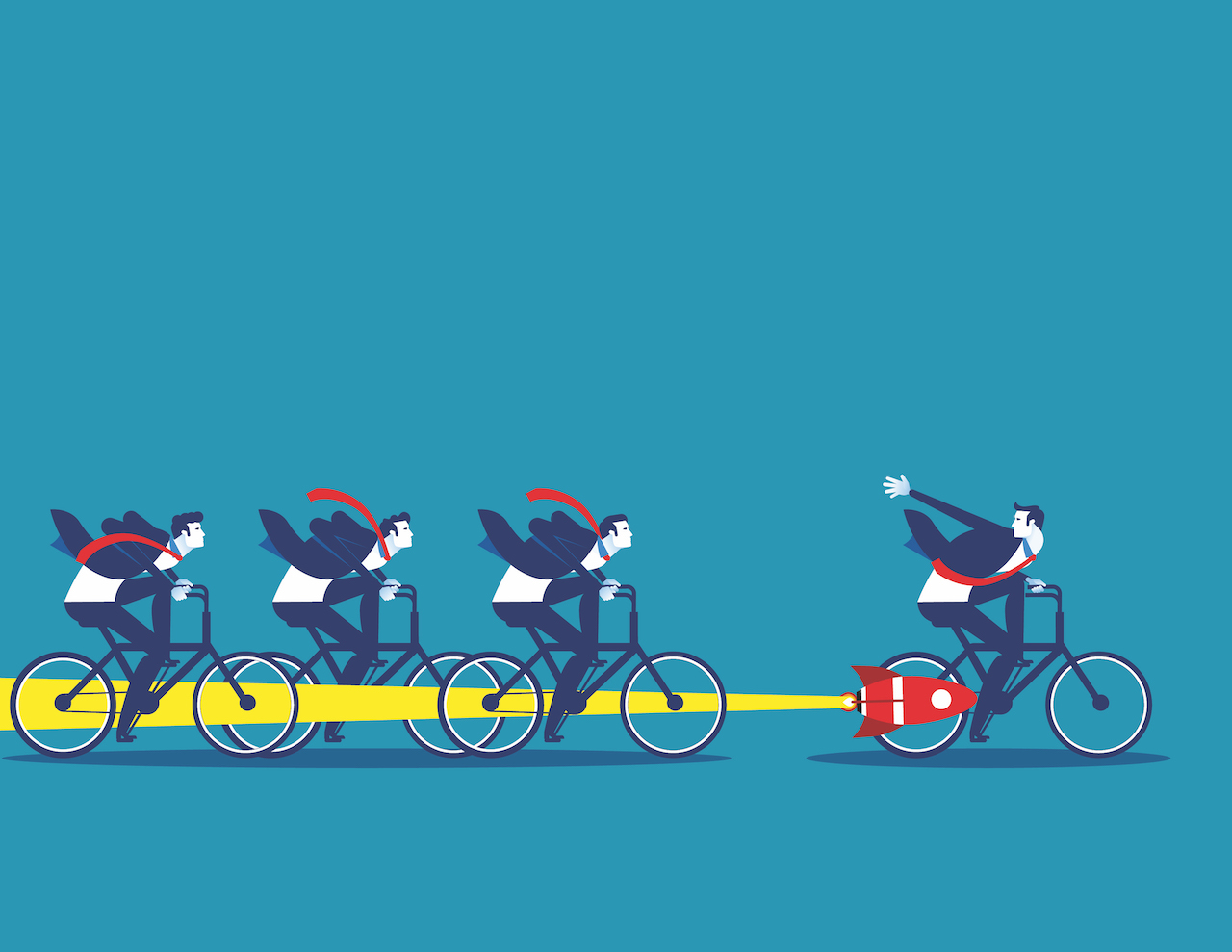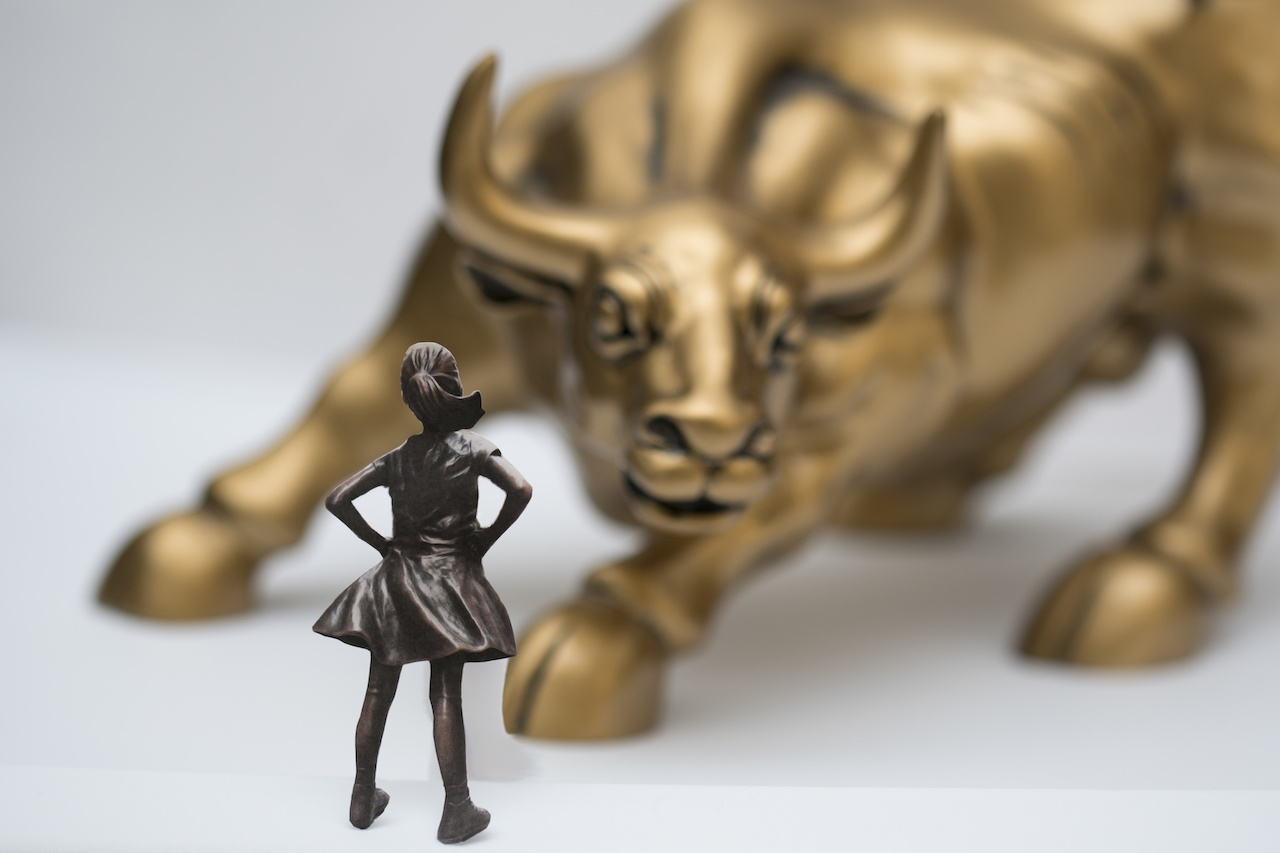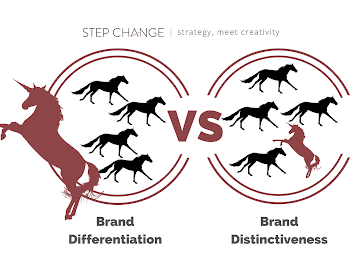Ever been let down by a business idea you thought had so much potential?
The only thing worse than a poorly developed business idea is investing in a poorly developed business idea. With pressure from all fronts, easy to get excited. You see a gap, get an idea, and boom — you’re off. But without clarity, you’re flying blind.
And that's how thousands of startups and new ideas go belly up year on year. Clayton Christensen of Harvard Business School called it: 95% of product launches fail — not because the ideas were bad, but because no one stopped to ask: What makes this a great opportunity?
Don't make the same mistake.
Nobody wants to spend time, energy and resources on a product or service that doesn’t fly. So how do you ensure your new business idea is poised to win when it enters the market?

















